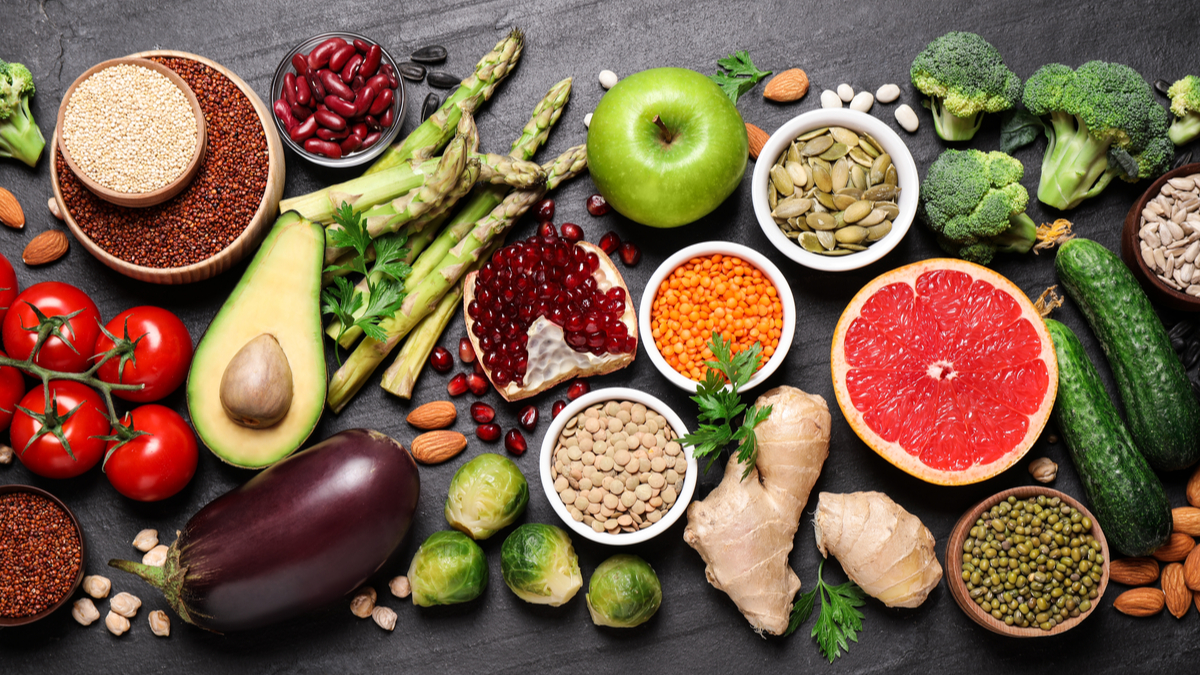The internet is awash with products, diets and training methods claiming to magically “turn your fat into muscle!” But is this actually possible?
The answer from the experts at Ultimate Performance is a resounding no. Fat and muscle are two entirely different substances and play vastly different roles in the body.
Body fat is an organ involved in several important physiological processes, including regulating appetite, storing fat-soluble hormones, such as vitamin D, and providing an energy source during periods of caloric restriction. It also plays a vital role in protecting internal organs from damage.
Muscle tissue is not only vital for allowing us to move our skeleton and perform day-to-day movements, it is also a big component of our daily energy needs.

Because these two issues are completely separate it is simply impossible for one to turn into the other.
The reason that people believe ‘muscle turns to fat’ could be because of individuals who undergo ‘detraining’. They go from a relatively good body composition, in a trained state, to an untrained state. So, what tends to happen is that they lose some lean body mass, while increasing their fat mass.
Let’s say you have an incredibly active lifestyle and, therefore, have very high daily energy requirements; you may be used to eating a certain amount of food. But, say you break your leg. You can’t maintain the same level of activity as before, so you can’t train or walk.
In that case, your daily energy requirements would decrease significantly, but you carry on eating the same amount as you did before. Ceasing training may also cause you to lose some muscle mass.
Calorie surplus + detrained state = a worse body composition.
So, it may appear like the muscle has turned to fat, but this is simply a case of your body composition changing due to the above factors.

For more food-related myths, click here.



